Founded by Dr. Booker T. Washington – August 23, 1900
THE LEAGUE THE 125th the chapters the membership the conference the events the alliance the NBSP


This unique program empowers underserved businesses to win Tier One contracts.

We at the National Business League envision a world of economic equity.
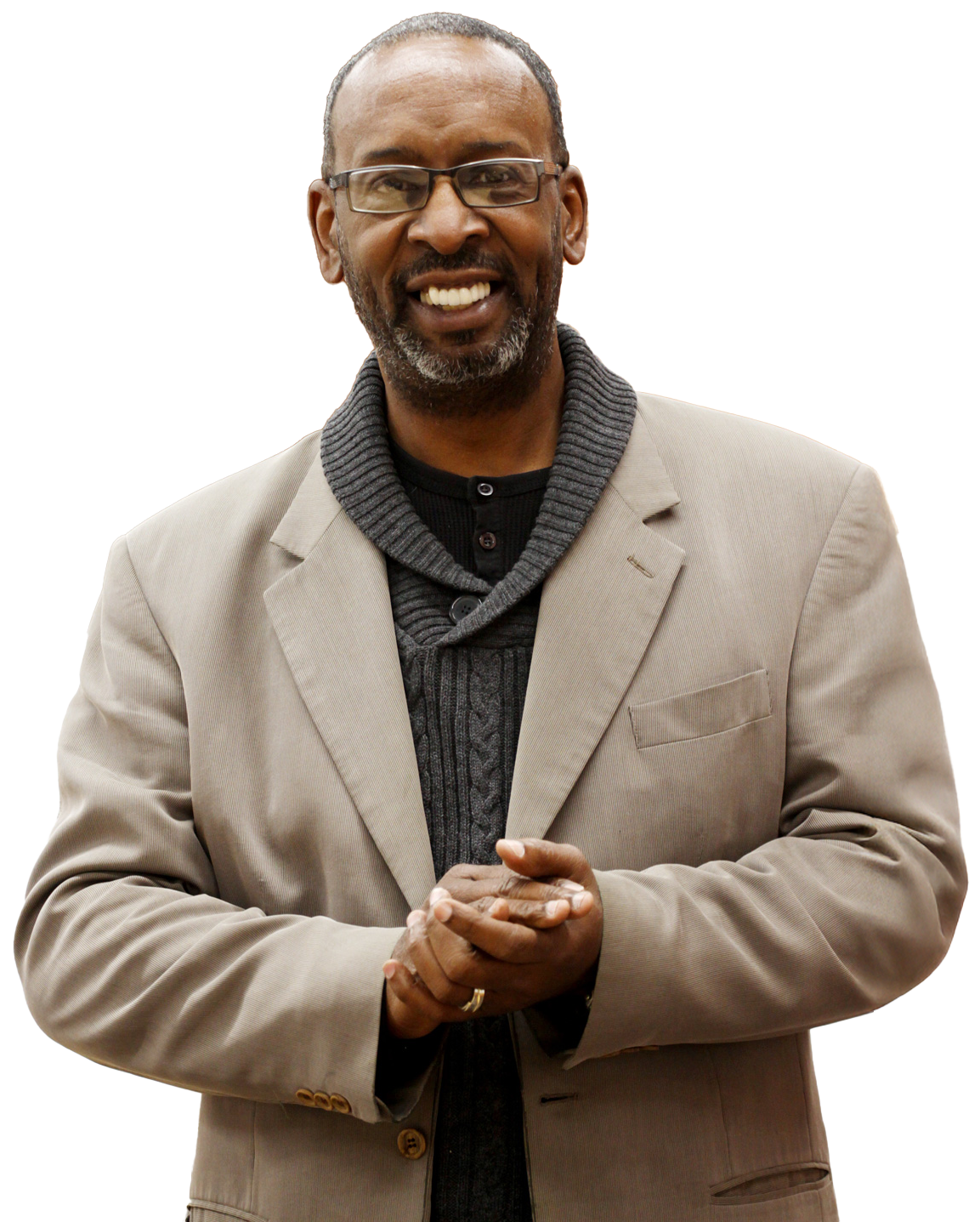


Recognized by Black Enterprise Magazine

Featured on New York Stock Exchange
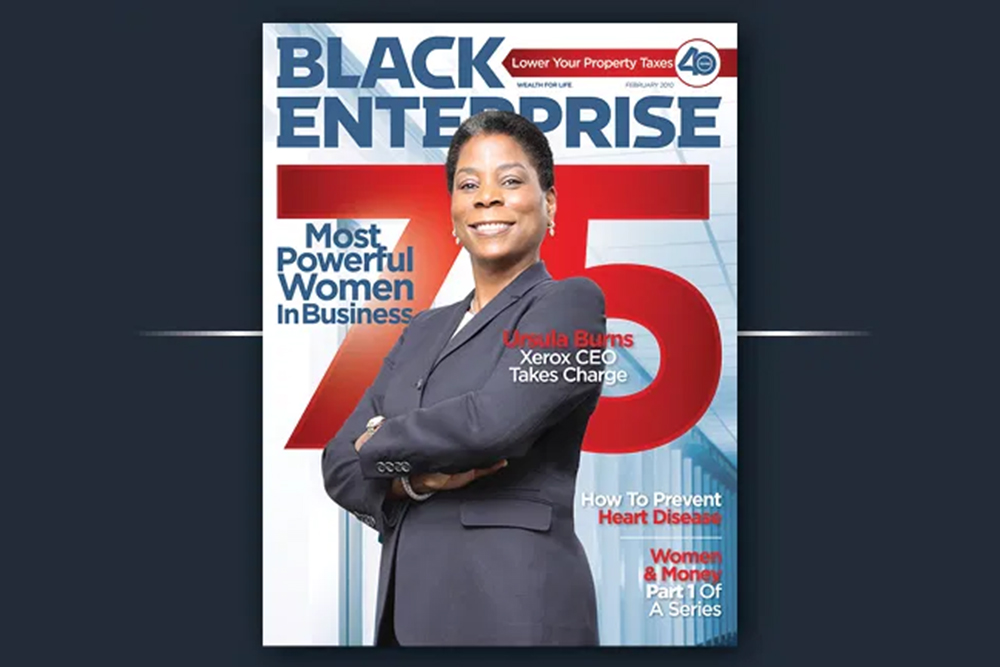
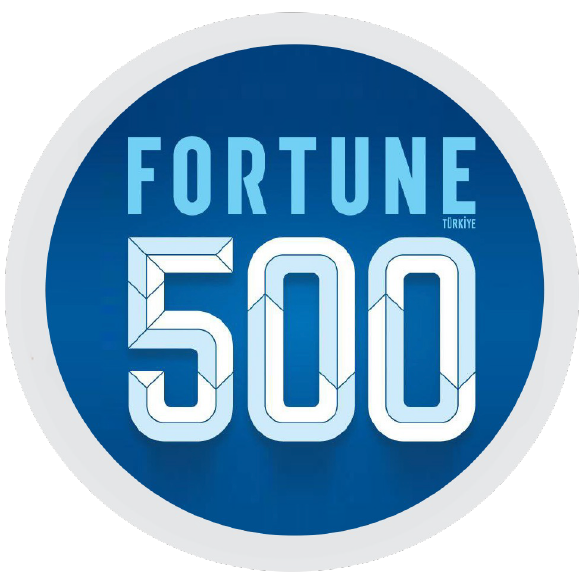
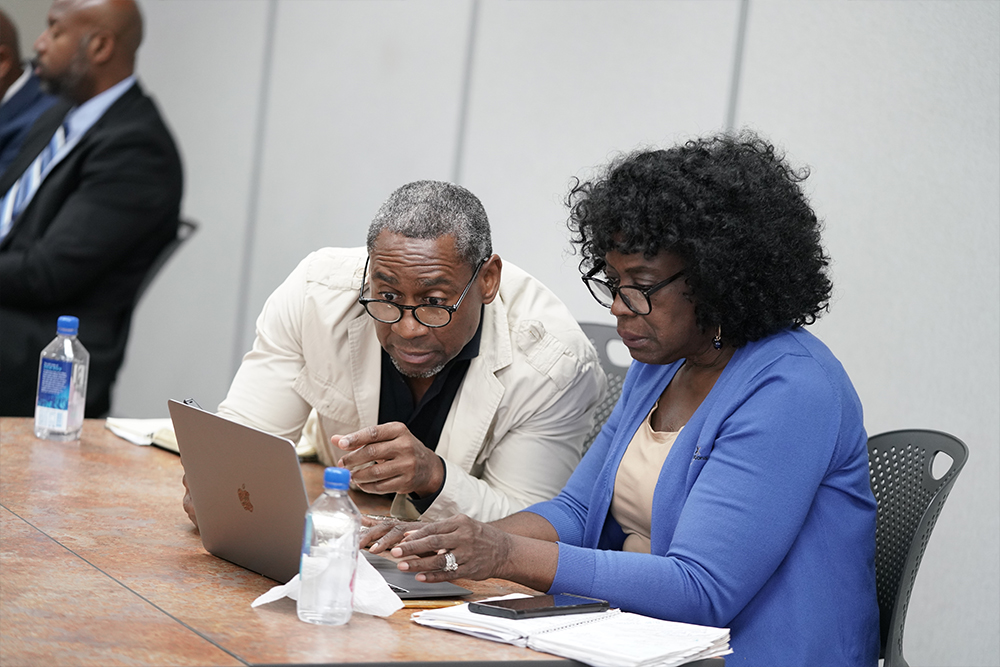
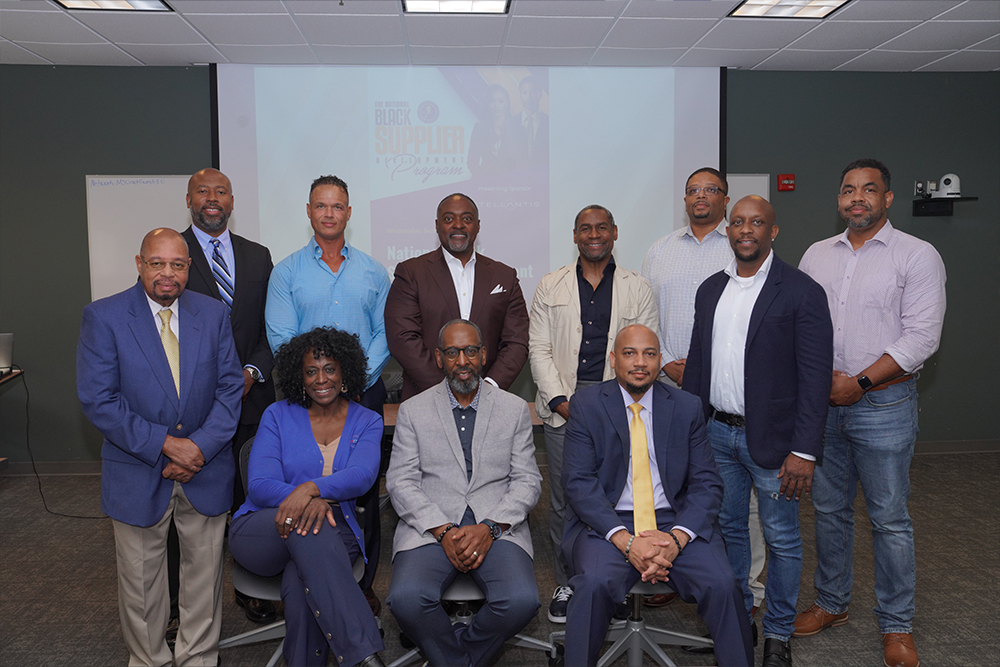
99% of Alumni rate program “Highly Value Adding”


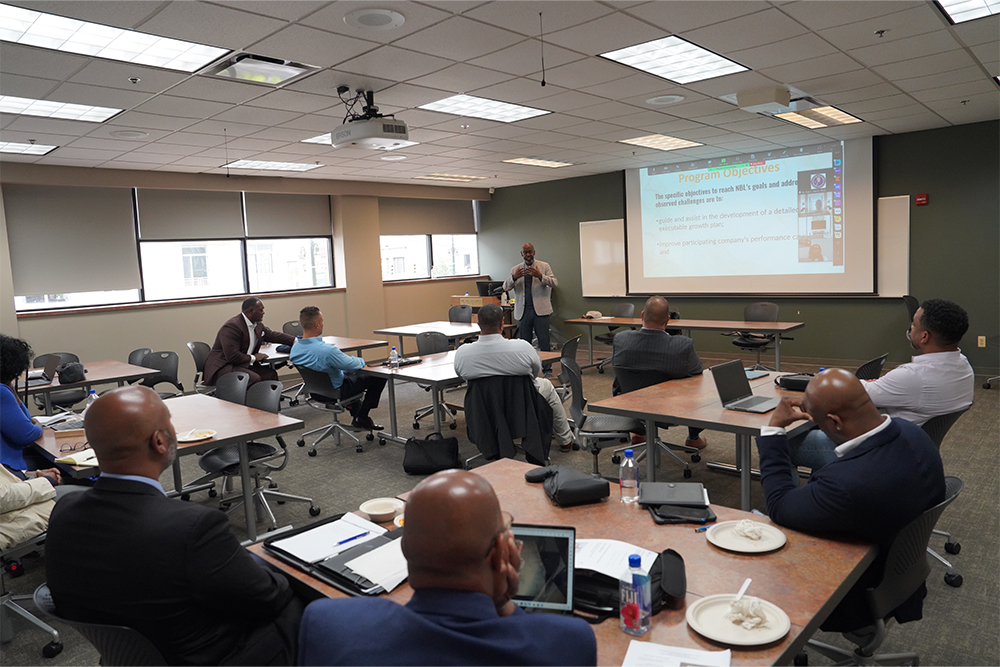
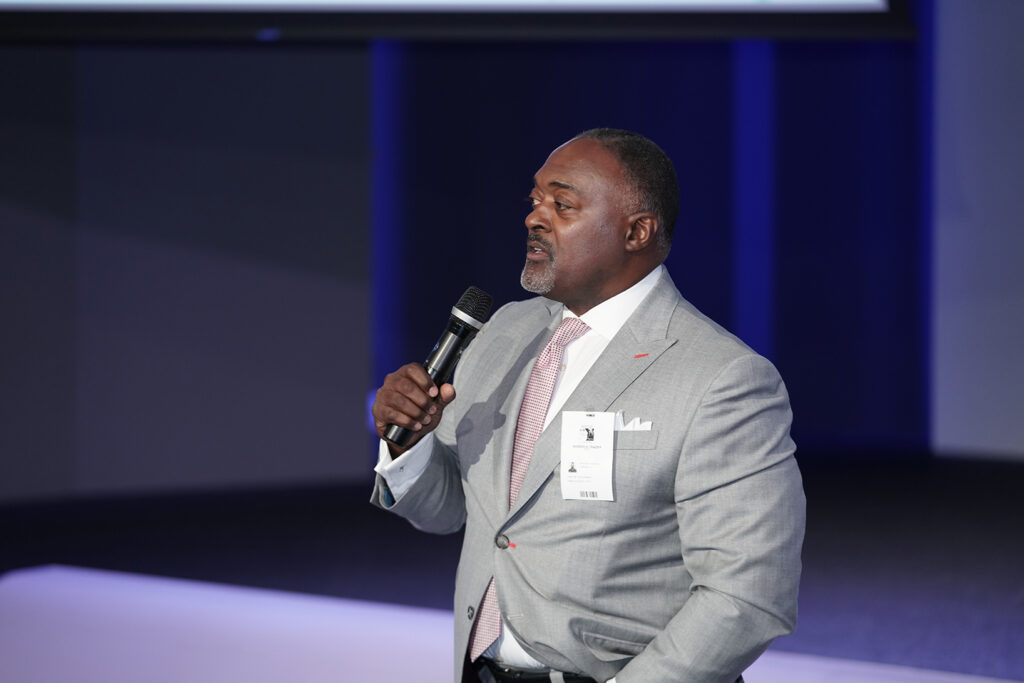
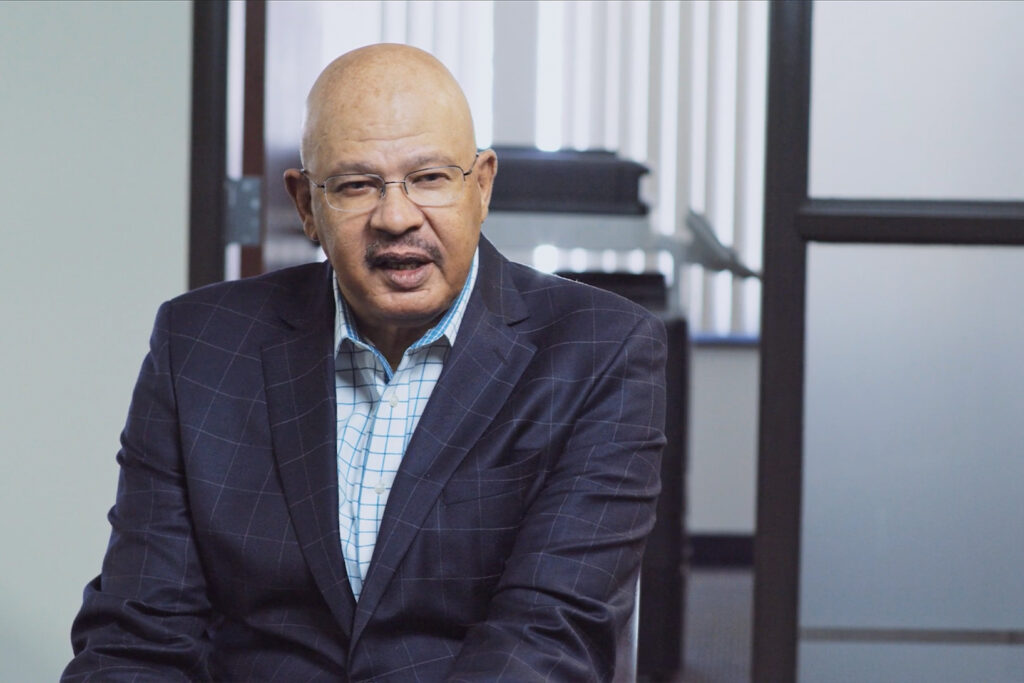

“I am eternally grateful for the program, my company has taken great strides to distinguish itself in the market, but it was the opportunities and connections gained through the program that have allowed us to enjoy such dramatic growth over the last two years”
Mr. George Gamble, 2022-2023 Alum
Owner/CEO, Powerhouse Energy 360

“We had no business opportunities from the corporate partners, but did have promising business opportunities because of the collaboration with others in the program. We expect revenues to double over the coming year. Overall extremely positive on the benefits of the program.”
Ms. Vickie Lewis, 2023-2024 Alum
Founder/CEO, VMX International

“Initially, I was hesitant to join the program. I had participated in other valuable ones and wasn’t sure what more I could gain. But this one truly reached me in ways the others did not; it was the best. This experience reshaped how I see my business, my role, and what accelerated growth truly requires.”
Ms. Karen Watson, 2024-2025 Alum


The National Business League (NBL), founded by Booker T. Washington in 1900, launched the National Buyer Supplier Program (NBSP) in 2020 to bridge the gap in economic equity and supplier readiness. Fueled by a commitment to innovation, the program empowers diverse-owned businesses to grow and scale with Fortune 500 alignment.
Rooted in the legacy of Dr. Booker T. Washington’s vision for economic self-determination, this National Buyer Supplier Development Program is designed to cultivate resilient, high-performing businesses from historically underserved communities. Drawing inspiration from Washington’s enduring belief that economic empowerment is a cornerstone of broad-based societal prosperity, and that “No man, who continues to add something of value to the material, intellectual and moral well-being of the place in which he lives, is left long without proper reward”.
Thus, innovation and leveraging technology are embedded in every aspect of the program as it equips diverse suppliers with the knowledge, mechanisms for scaling, and strategic partnerships needed to become indispensable contributors to thriving industries.
Based on how many OEMs evaluate their supply base today, it can be said that gaps in supplier readiness are a major reason why some suppliers with seemingly competitive offerings don’t secure contracts.
Supplier readiness Is a term referencING operating as a tier one or tier two supplier – IT IS competitively determined by a firm’s innovativeness, value creation for customers, ABILITY TO COHESIVELY INTEGRATE INTO CUSTOMER’S VALUE CHAIN, risk mitigation capabilities, AND a myriad of OTHER factors beyond simply having a competitive product at a competitive price.
Research conducted by McKinsey & Michigan State University, Gartner (a global research and advisory firm), Veridion & BCI, and several others support the conclusion that supplier readiness is a multidimensional benchmark—not just a transactional metric; and that deficiencies in supplier readiness are key reasons why suppliers with competitive products and pricing still fail to win contracts with OEMs.
Here are just a few aspects of supplier readiness addressed by NBSP:
OEMs may pass on otherwise qualified suppliers who do not align with their sustainability or DEI goals.
We at the National Business League envision a world with economic equity. A world where business owners from all races, ethnicities, gender identities, religious beliefs, abilities, appearances, sexual orientations, and socioeconomic backgrounds have equal opportunities to prosper and contribute to the economic and social well-being of their respective communities and society as a whole.
The NBSP believes that economic equity and strengthened supply chains can only occur when innovative, competitive, high-performing, risk-mitigating suppliers are evaluated only on these metrics. It has as its mission economic empowerment of underserved communities and decreasing the wealth gap through creating suppliers with the characteristics listed above.
The Program’s Core Values Are:
The primary objectives of the NBSP are to:
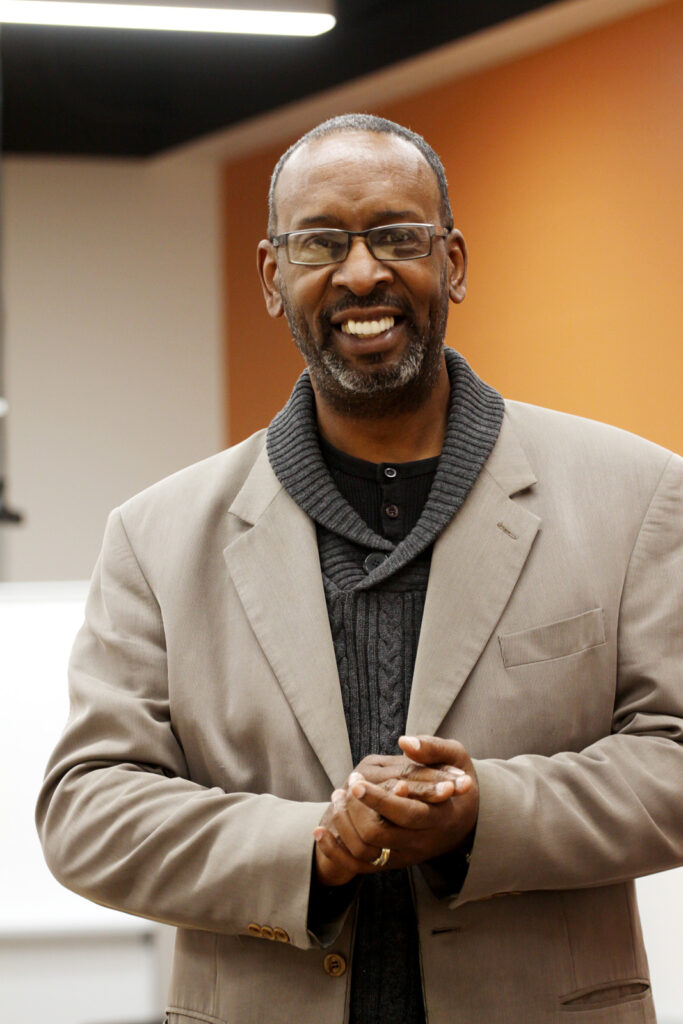
Dr. Forrest S. Carter, Ph.D.
The curriculum and program activities were created and are currently managed by Dr. Forrest S. Carter, Ph.D., the program’s National Director. Dr. Carter was an Associate Professor of Marketing and the first Professor of Entrepreneurship Emeritus from Michigan State University. In addition to the NBSP, Dr. Carter played a role in the curriculum development of the Apple-Spartan Growth Academy at Michigan State University. Over the last forty years, Dr. Carter has devoted himself to teaching, inspiring, and assisting job creators and community builders across the country, along with consulting with numerous Fortune 500 companies, as well as minority and women’s small businesses.
This is not a leadership or management training program. Most graduates had already completed one or more distinguished programs such as Goldman Sachs 10,000 Small Businesses, Dartmouth College’s Tuck Diversity Business, Northwestern’s ASCEND Program, National Minority Supplier Development Council (NMSDC) – Advanced Management Education Program (AMEP), McKinsey & Company – Black Leadership Academy, and others. The program focuses on eliminating the supplier readiness gap and helping participating businesses greatly enhance their chances of operating as a tier one or tier two supplier. For those participating businesses already operating as a tier one or tier two supplier, the program greatly enhances their chances of becoming a preferred strategic partner.
Despite the market success of its alumni, or perhaps because of it, the program must emphasize that it cannot promise any contracts or preferential treatment by its corporate partners.
The program does commit and has historical evidence of providing the following.
Supplier readiness, as defined earlier, is often a decisive filter. In many industries, it’s the threshold for even getting considered, let alone awarded, a contract. Even when awarded a contract, proven readiness is the bridge between being a “qualified vendor” and a “preferred strategic partner.” A recent study reported that 37.3% of companies screened their Tier 1 suppliers with respect to readiness gaps. The NBSP is designed to facilitate underserved companies to close their readiness gaps.
Program graduates move on from the formal coursework of the program, but they never move on from the NBSP family. A mutually supportive network of program alumni that constitutes NBL’s pipeline of businesses that have been vetted to be supplier-ready, and are continually promoted to corporate partners and other Fortune 500 companies.